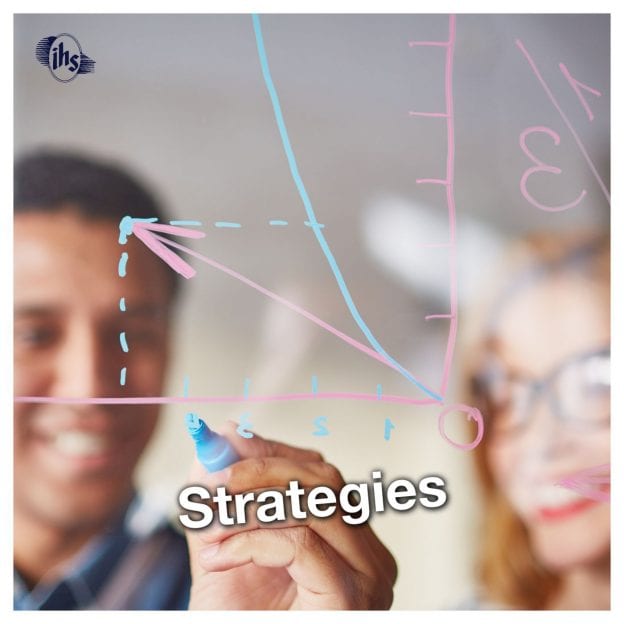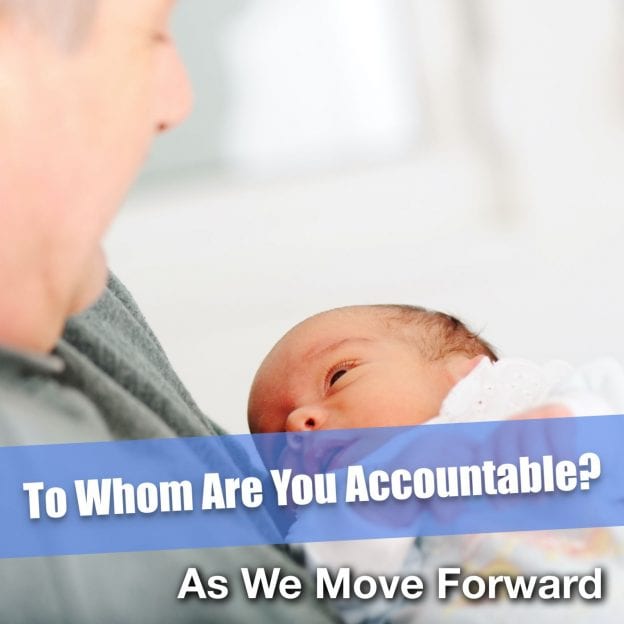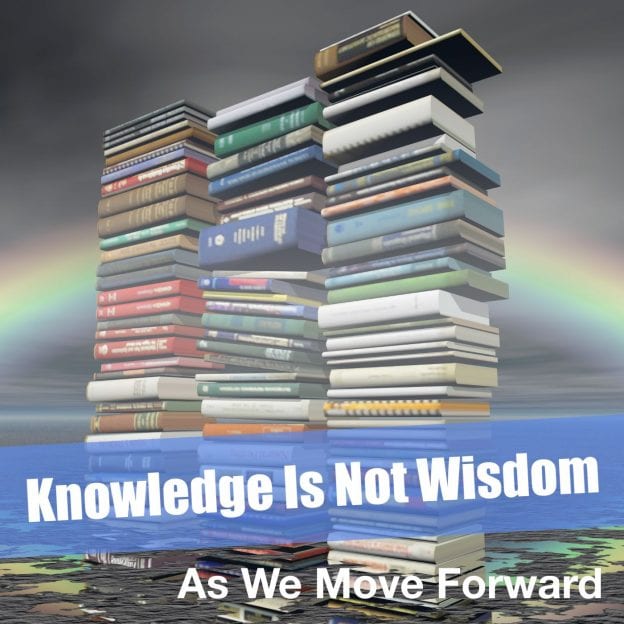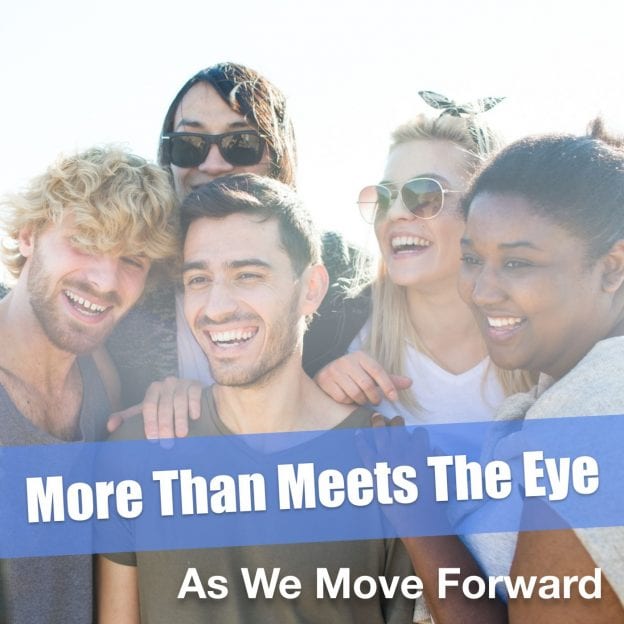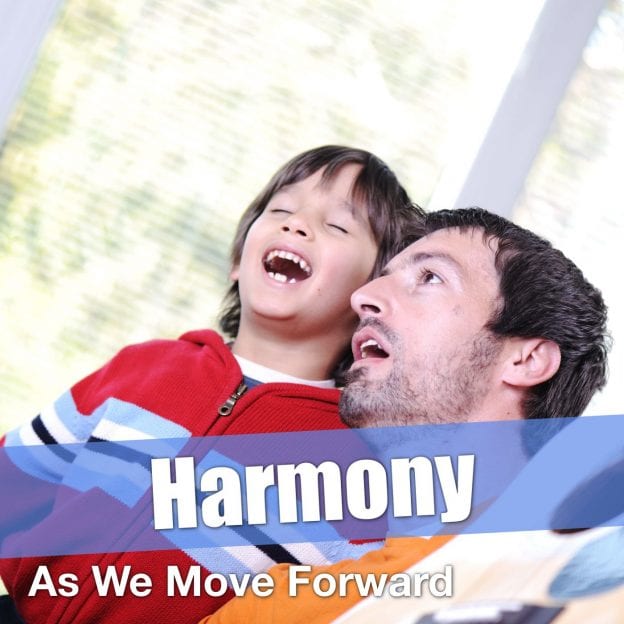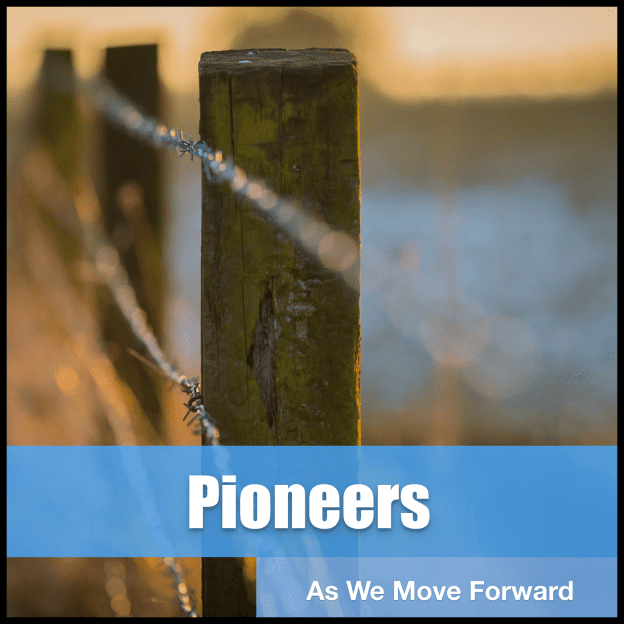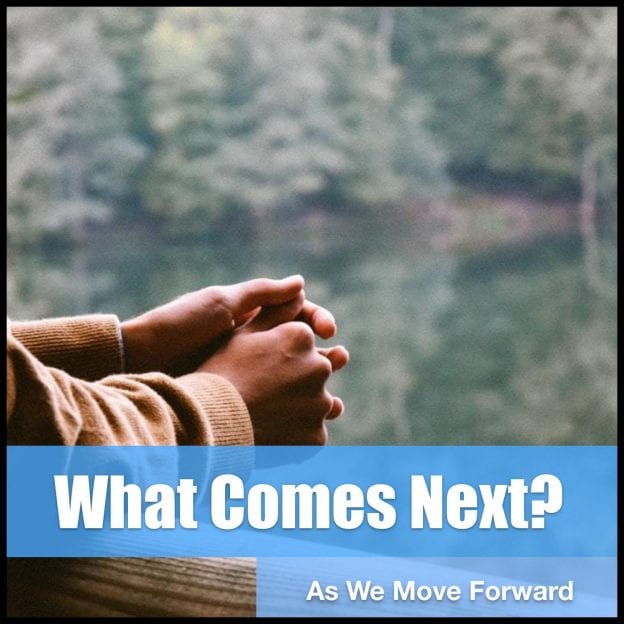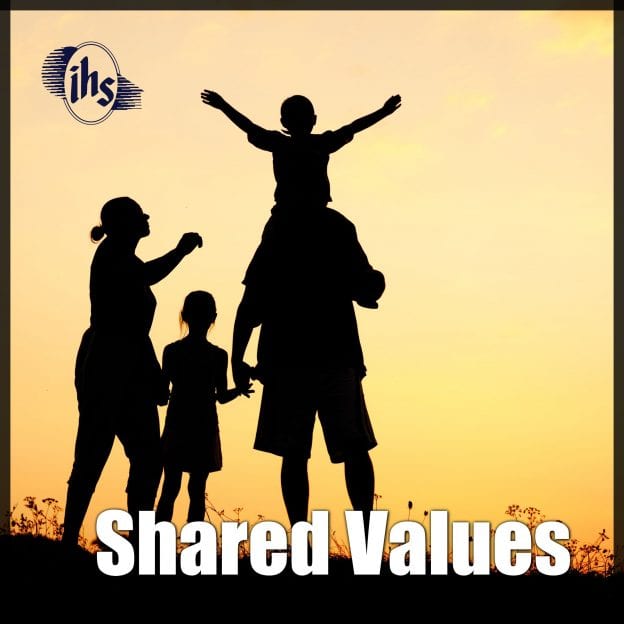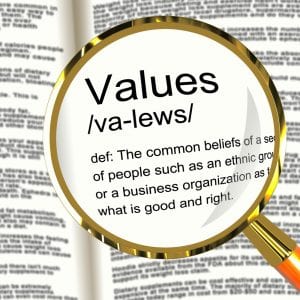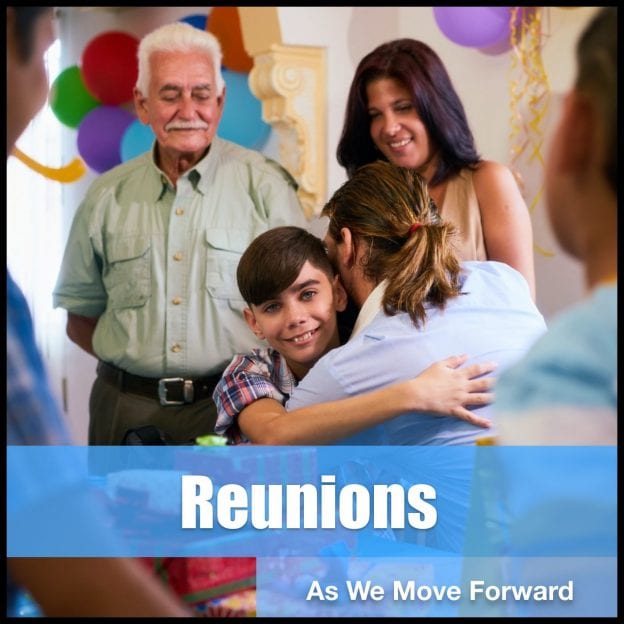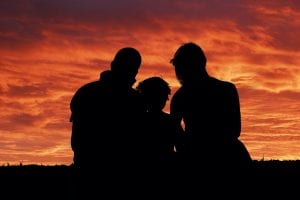
Everyone has heard many stories that begin, “Once upon a time…”. These stories begin by telling about a time that seemed good and simple in comparison to whatever is going on in the present. The story begins by describing a happy time in someone’s life. Often life in the opening segments of this story are actually bigger than real life. Sometimes the person is a prince or princess. Sometimes they are the beloved child of an adoring parent. The situation varies, but it almost always looks back to a happy time.
Then, something tragic happens. Perhaps the loving parent dies, leaving the child to be raised by a cruel stepparent. The crisis can be anything that alters people’s lives. The thing the crisis does in every case is to take away hope. I have seen a lot of loss of hope in our current crisis. So many things have been taken out of people’s control. Whole industries like travel, including the cruise industry have been stopped indefinitely. The movie theater industry was on shaky ground before this crisis. Now there are real questions as to if and when it will recover.
The hopelessness can be seen in places where lots of people gather, like schools, including plays and sporting events. Think of what it has been like for professional sports teams to play with no one in the stands. This doesn’t even talk about all the events that have been postponed indefinitely.
I understand the importance of the safety precautions like masks and social distancing. I must admit that when I go back to some place that has re-opened, the circles six feet apart and the proliferation of plexiglass everywhere make me wish for the day when all this was not a part of everyday life.
Finally, not being able to really look to a specific time when these things will go away does tend toward creating feelings of hopelessness. I see a lot to indicate that feeling is affecting many people. That fits with what happens in the middle of these stories. Many people seem lost in a sense of hopelessness. Where do we find our hope during a major crisis? How do we get to our, “happily ever after” conclusion?

As we move forward, we need to ask ourselves where we on the hopeful/hopeless scale. If we are basically hopeful, it would be good to ask ourselves what we can do to offer hope to others. Some of those things involve simply being more patient and encouraging to others. Tempers can be shorter during this crisis. Some people seem to have their emotions on a hair trigger. This crisis is a time to be as patient and understanding of others as we can possibly be. Affirming and accepting others can help them feel hopeful.
As we move forward, if we see ourselves losing hope, reach out to someone who is expressing hope in the way they live their lives. Find someone you can share your concerns with and who will guide you in seeking hope amid this crisis. We need to go through this together-not alone.


